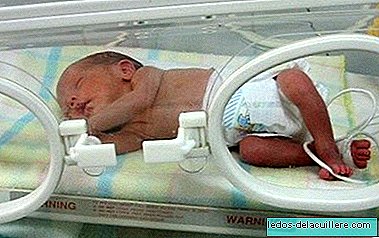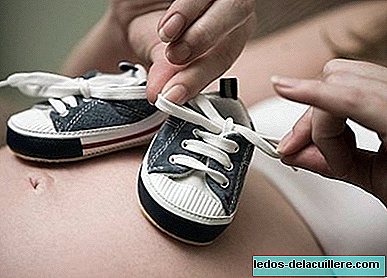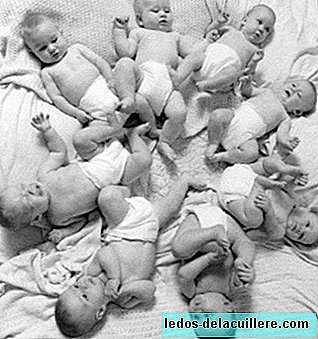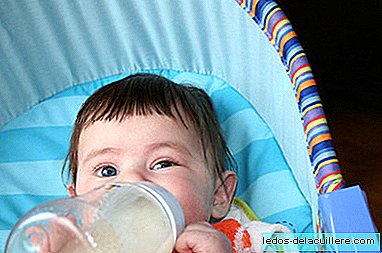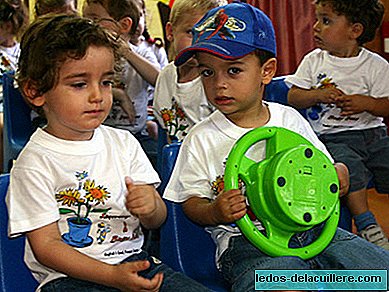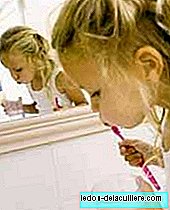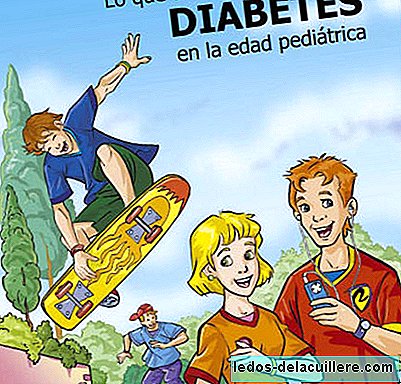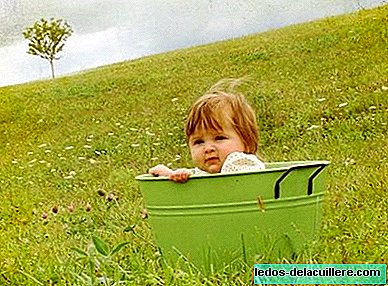
Hygiene It is defined as "part of the medicine that aims at the conservation of health and disease prevention", that is, the set of knowledge and techniques that people must apply to control the factors that may constitute risks for Health.
Personal hygiene is the basic concept of grooming, cleanliness and care of our body, and of course the hygienic habits are not something isolated but are related to the other fundamental activities that daily occupy the child: eat, sleep, play, go to the bathroom, keep the body clean ...
Most of these habits are acquired in the first three or four years of life, and once established they are never forgotten. There are certain tips for acquiring hygiene habits in childhood that will cause these habits to be installed naturally in the lives of the little ones.
Advantages of hygiene habits
Hygienic habits have the following advantages for children, and for families in general:
They contribute to the physical well-being of the organism.
They collaborate with the child's psychological well-being.
They are essential elements in the proper behavior of the individual.
They contribute to an adequate socialization.
They allow to save time and intellectual effort in the fulfillment of a series of routine acts of daily life.
Acquisition of hygiene habits
The practice of personal hygiene is a matter of individual responsibility that is acquired through a process of education, corresponding mainly to parents, who day by day at home will act as an example and companions in different habits.
However, health education that comes from school or medical settings is also important, although health education programs do not have too much consideration in our environment, nor in practice the acquisition of habits in places is facilitated out of home.
The fundamental thing is that hygiene habits in childhood they do not appear spontaneously, but we parents have to help the little ones to develop them, and accompany them in their learning. In this way, we "invest" in health, in a process that will not be weeks or months but much longer, according to the different rhythms of each child.


